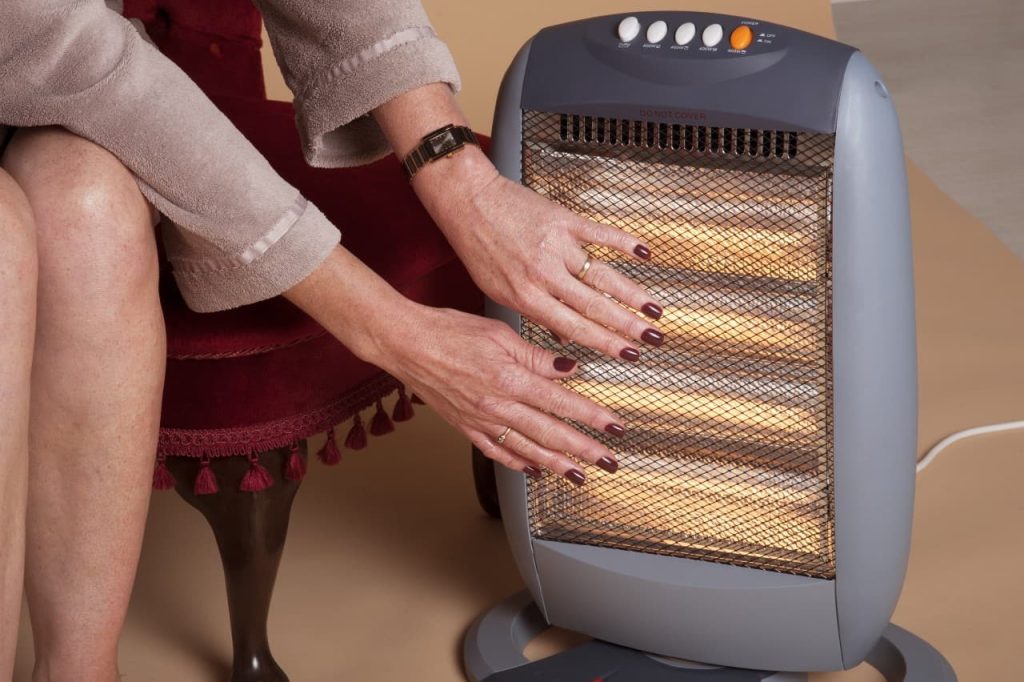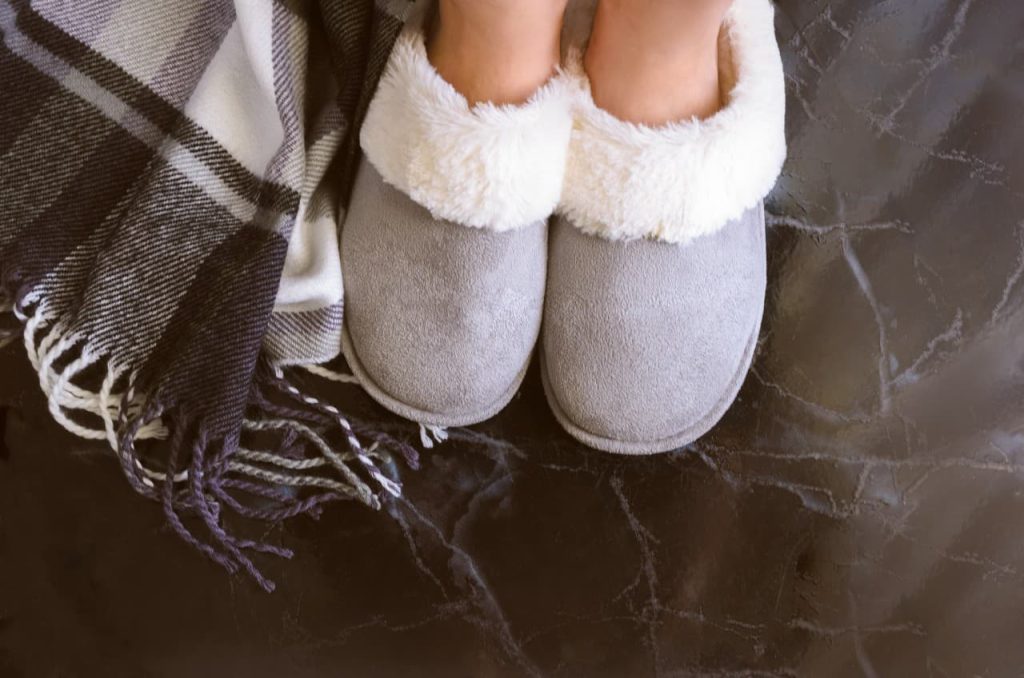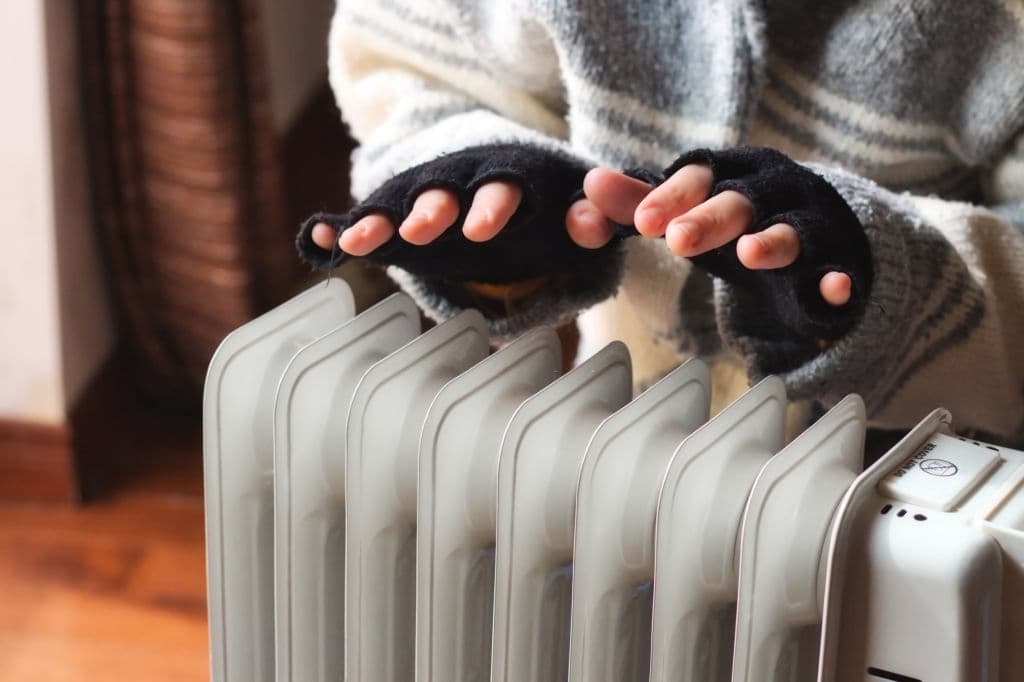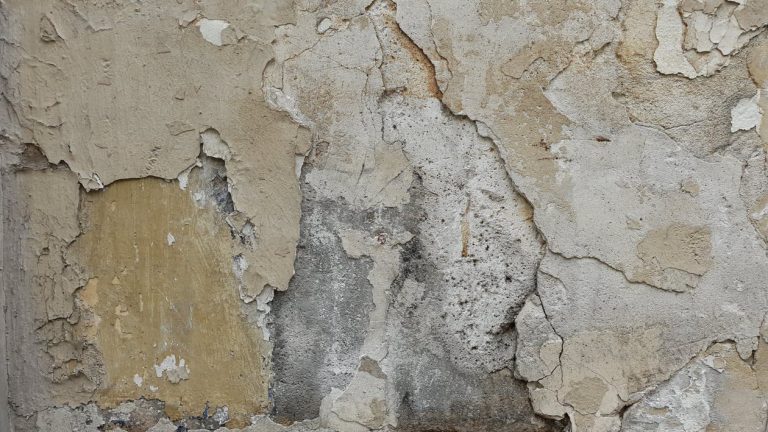5 Ideas In Lowering Your Heating Costs
Everyone desires to have a warm, cozy home when the weather outside gets cold. One way to achieve this is by heating your home. Often, this impacts your energy bill and makes home heating a critical utility that homeowners must pay.
As the homeowner, you can take specific steps to keep your home heating costs minimum. Below are five ideas for lowering your heating costs:
Table of Contents
1. Ensure Your Home Is Insulated Properly
One way of lowering your energy cost is ensuring your house is insulated well. Proper insulation ensures that all the cracks and gaps where heat escape are sealed completely. One way to do this is to fill drafts around the windows, doors, and cable or electrical outlets. The process of insulating your home needs not to be a costly one. However, you can use less expensive outlet sealers and draft blockers to fix problematic areas.
Further, check your door and window stripping and ensure they’re in good condition. Your home’s window and door strippings can shrink when the weather gets cold. Consider getting a professional to help you seal the cracks around the doors and windows. Alternatively, create time during the weekend to do this yourself.
If you still want a cheaper way to insulate your home, consider shrink-wrapping your home’s windows in a plastic sheet during the winter. Although this would be appealing to look at, it’s a highly effective way to insulate your home.
Ensure your insulation works well. If your home was constructed over 40 years ago, you need to upgrade it. Moreover, you’ll know if your house has an insulation problem if snow forms icicles or melts off your roof pretty first. Finally, keep your blinds drawn during the night and open on sunny days. Keeping your curtains fully drawn enables you to maintain heat in the home, keeping your overall energy bill low.
2. Maintain Your Furnace Well

A meaningful way to lower your heating costs is to service your furnace regularly. Although you’ll spend some money on maintaining your furnace, you’ll save more in the long run. Consider getting heating, ventilation, and air condition (HVAC) professional to inspect the furnace at least once a year. By doing so, you can pick stuff that needs to be attended to early and have it fixed before it affects your heating bill.
Further, have the furnace expert replace the air filter in the furnace at the beginning of each season. Your air filter needs replacement at least once during the cold season. If you’re working with a limited budget, consider starting with a cheaper option then upgrading to a better one later. Click https://www.dmselectservices.com/stephens-city/ to get an experienced HVAC expert.
Although replacing an old filter with a new one may not save you plenty of money, it’ll reduce your bill significantly by working more efficiently and longer. Have the furnace expert check the ductwork in the furnace and fix any leaks that may be affecting how the furnace works. Sealing duct leaks ensure no heat from the furnace gets lost, effectively lowering your heating costs.
3. Adjust Your Thermostat
Although most people have prioritized keeping their homes warm over the years, their heating costs have remained high because they keep temperatures in the house warm throughout the day. Consider adjusting your thermostat to keep your temperatures of 68 degrees in the daytime and 60 degrees during the night to lower your heating cost.
If you don’t have a smart thermostat in your home, invest in one. An intelligent thermostat registers your temperature preferences automatically. It then adjusts temperatures when you get home or after you go to bed. This can save you time and the trouble of making adjustments manually.
If you find the temperatures too cold at night, consider getting additional blankets. Implementing this strategy in your home can reduce your home heating costs significantly. When nobody is home, ensure that your heater is turned off. Program it to go back on at least half an hour before you get back home. This ensures the house is warm when you arrive.
4. Layer Clothes

When you layer clothing during winter, you won’t need to keep the heater running at maximum temperatures to feel warm. If you are good at tolerating cold, you’ll become more comfortable when you wear a sweater instead of a short-sleeved shirt or start wearing pants made from heavy material like wool or denim.
Avoid staying barefoot while in the house during winter. Get a cozy pair of socks to keep your feet warm as you layer clothes on the rest of your body. Further, curl up under a blanket when reading a book or watching television at night. Doing this will keep you warm without necessarily turning on the heater. Also, add an extra blanket on your bed so you sleep comfortably with the heater off.
5. Keep Unused Rooms Closed
You can lower your heating costs by keeping any unused rooms in your home closed—no point in heating rooms that aren’t in use. Depending on your home’s size and the number of people who live there, you’ll reduce your energy bill significantly by shutting doors that lead to rooms that aren’t used regularly.
Besides closing doors to those rooms, consider closing the vents that serve them. This keeps warm air from getting to them, effectively sealing the spaces off. Also, consider tucking a draft blocker or a towel at the base of the door.
As you do this, ensure the rooms don’t become too cold, mainly if water pipes are passing through their walls. Allowing temperatures in such spaces to drop to 40 degrees can cause pipes to freeze.
Final Thoughts
During winter, heating your home can cause your energy costs to shoot through the roof. But this doesn’t have to be the case. There are many simple but significant adjustments that you can make in your home can to keep heating costs low. If you’re keen on reducing your energy bill this winter, start consistently applying the five ideas discussed above.







